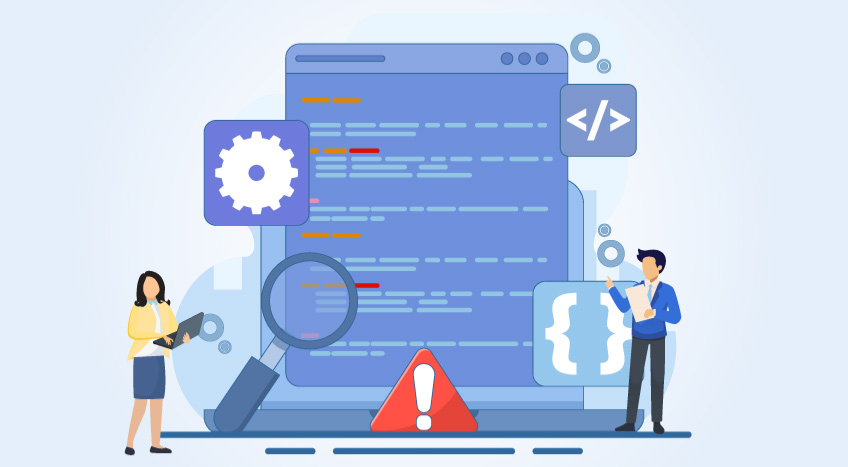Add Your Heading Text Here
Building Confidence in Code Through Testing and Validation
Assurance in software development should come from the code and testing is just a confirmation of that assurance. If your focus is solely on testing to be certain, then you will never feel certain because it is impossible to test against all the scenarios that millions of users may experience. For effective development of the code it is recommended to change the perspective that testing is a source of confidence: confidence must come from the code.
Confidence should originate from your code
Taking tests is crucial for any software development process. However, as a cautionary note, testing is designed to support the level of confidence that a software developer has in their code, not to replace it. You’re setting yourself up for disappointment if you believe that testing is the only source of your confidence. Indeed, as we well know, testing can only address all that might happen when your code is used by hundreds of millions of customers out in the real world.
From the first lines, you should feel quite confident in the code you are writing. This means that to ensure there is no mistake, use of if condition must be made, where one asks oneself when this line of code would not work. When you code with this viewpoint in mind, you will learn that you can handle an issue at the exact time you have noticed it hence making it possible to say your code is quite sound.
The self-fulfilling nature of confidence
If you think your code will work, damn it, you are right. If you think it might fail, then you are right too. This is not paradoxical but it is where you put your trust in. If you are positive in your code, then you will be very likely to pass through the other checks. On the other hand, if you are unsure, you will be able to find proof for that skepticism.
This is because when you are waiting for a problem to occur through testing so that to build confidence you are always waiting for a problem to happen. Whenever there is a problem during testing, you consider it as affirmation of your doubts. This results in an endless cycle of querying, whereby you never know if the results you’re getting from your code are accurate until you run test cases.
The pitfalls of relying too heavily on test cases
Developers tend to rely on test cases by believing that test cases can provide problem indications on their own. The risk in this case is that testing is used as a technique for identifying problems and not as a validation of good code. When you expect to have problems when developing test cases, whenever you get to detect a few bugs, you are satisfied in the wrong way that you have detected all the problems.
However, it is impossible to write test cases for all possibilities and hence why a codebase that exclusively depends on testing is only provisional. You give your code to other people with an understanding that those people should find even more problems and continue testing in a cycle manner.
The mindset shift: Confidence in code first
That is why to break this cycle, you have to change your way of thinking first. Instead of using testing as the first point of validation, start with a proper code review. Go through your code line by line and act as if you’ve never written the code, and also look at every possible opportunity for failure. When you take this approach, what you have to rely on your code and not on what your test cases are going to tell you.
Testing is therefore relegated to the position of an auxiliary step—a way of verifying that which is already obvious to you about your code. This mindset lets you tell to other people which scenarios are coded and which are not, making you feel truly in control of what you do.
Why high-quality code is more than just test cases
The problem is that high-quality code remains out of sight because we define quality as the number of bugs detected by tests. This approach is one that speaks of the quality of your test cases being equal to the quality of your code. However, let me tell you that you cannot and you should not judge a piece of code by how well it does in the test cases.
Good code is defined by one’s capability to achieve various functions without the need to call on external responses. When you focus on writing high-quality code from the start, testing simply serves as a means to prove what you already know: that you do not get your code impregnated with errors that can make it unstable and unprepared to cope with real life challenges.
Testing should always be part of the development process, but testing should never be the basis of your confidence. It must come from the code: through well thought out, logical analysis of how the code will behave in a given set of problem circumstances. This way you change your approach, also changing the code from the mere testing site into a real-world-worthy product.
If you internalize this approach in your work, you will be more satisfied and confident in your work, and probably deliver higher quality, more reliable software.




